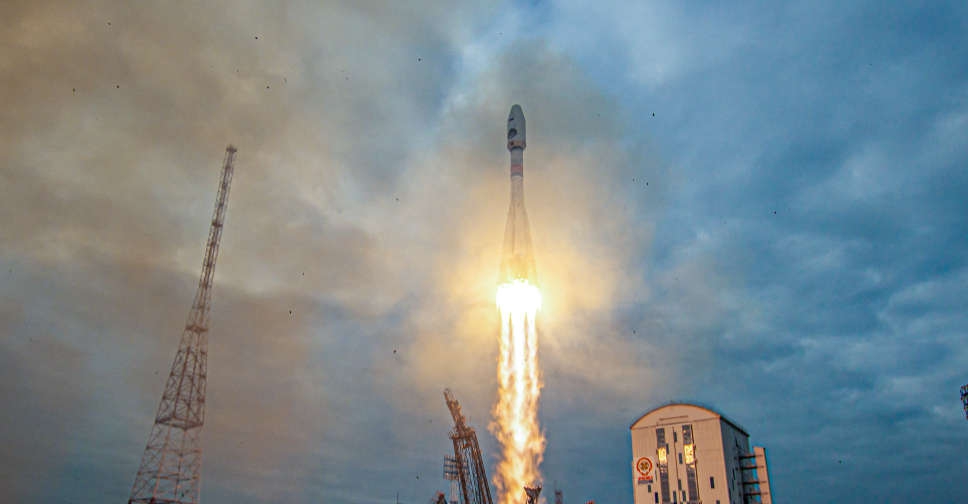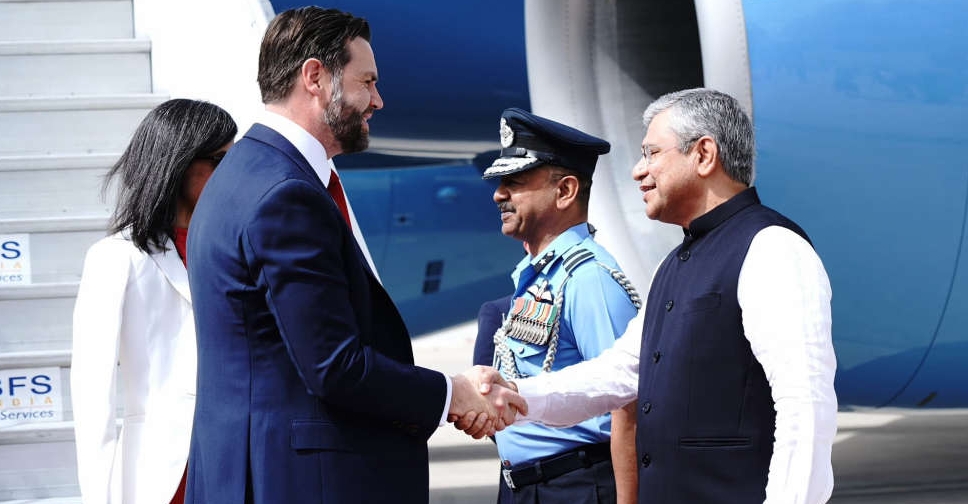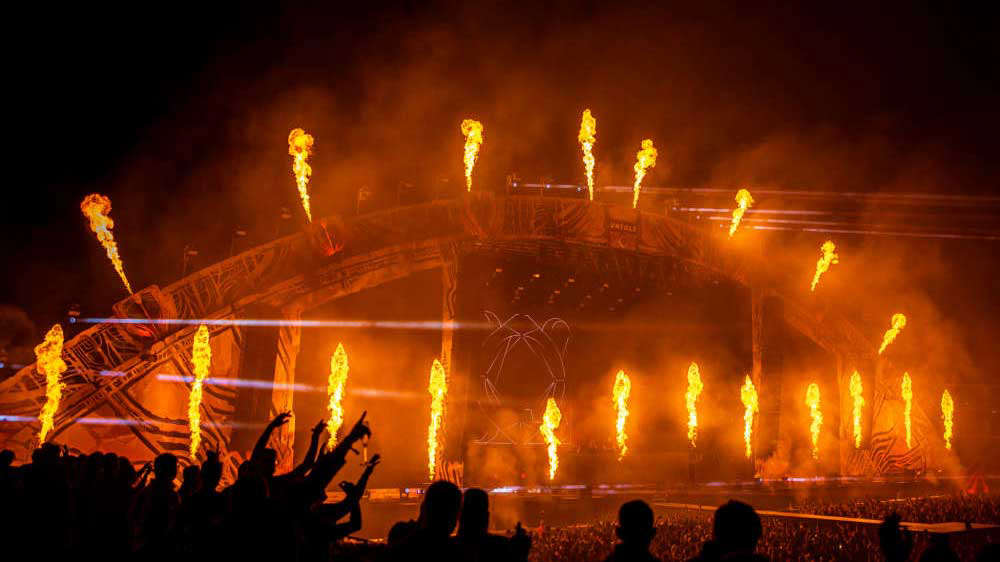
Russia on Tuesday blamed a malfunction in an on-board control unit for causing its first lunar mission in 47 years to crash into the moon in August.
The state space corporation, Roscosmos, said the control unit failed to turn off the propulsion system, which blasted for one and a half times longer than necessary as the craft hurtled towards the moon.
Luna-25 spun out of control on August 19 and crashed into the moon, dashing Moscow's hopes that it would beat India to the unexplored south pole of the moon. An Indian spacecraft landed there on August 23.
The failure underscored the decline of Russia's space power since the glory days of Cold War competition when Moscow was the first to launch a satellite to orbit the Earth - Sputnik 1, in 1957 - and Soviet cosmonaut Yuri Gagarin became the first man to travel into space in 1961.
Roscosmos said it had come up with a preliminary analysis of the reason Luna-25 crashed.
"When issuing a corrective pulse to transfer the spacecraft from a circular lunar orbit to an elliptical pre-landing orbit, the Luna-25 propulsion system worked for 127 seconds instead of the planned 84 seconds," Roscosmos said.
It said the most likely cause was that an on-board control system malfunctioned in the BIUS-L angular velocity measuring unit because of incorrect data commands. As a result, the propulsion system was not shut down when needed.
The Kremlin has played down the failure of the mission, saying Russia will continue to pursue ambitious plans in space.




 Pope Francis dies aged 88, Vatican says
Pope Francis dies aged 88, Vatican says
 Half of Ukraine under air raid alerts hours after Russia ceasefire ends
Half of Ukraine under air raid alerts hours after Russia ceasefire ends
 Vance arrives in India, to hold talks with Modi under US tariffs shadow
Vance arrives in India, to hold talks with Modi under US tariffs shadow
 Israel's military finds 'professional failures' in killings of Gaza medics
Israel's military finds 'professional failures' in killings of Gaza medics
 Trump threatens to cut another $1 billion in Harvard funding, WSJ reports
Trump threatens to cut another $1 billion in Harvard funding, WSJ reports




